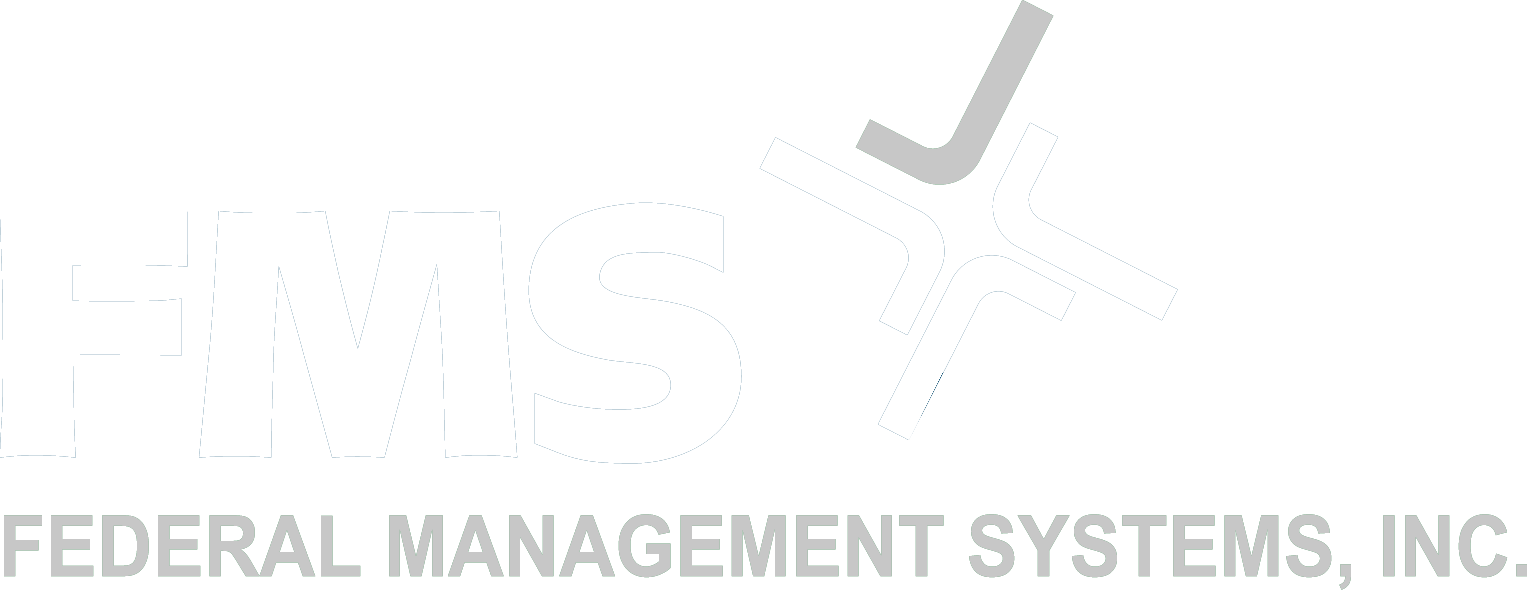
22 Aug Immigration and Naturalization Service (INS)
Immigration and Naturalization Service (INS)

Case Study of User Fee Audit & Collections
Published April 2011
I am text block. Click edit button to change this text. Lorem ipsum dolor sit amet, consectetur adipiscing elit. Ut elit tellus, luctus nec ullamcorper mattis, pulvinar dapibus leo. I am text block. Click edit button to change this text. Lorem ipsum dolor sit amet, consectetur adipiscing elit. Ut elit tellus, luctus nec ullamcorper mattis, pulvinar dapibus leo.
Challenge
The Immigration and Naturalization Service (INS) was required by law to collect user fees from airlines when airline passengers disembarked at a United States port-of-entry. The user fees were to pay for the inspection of the passengers by immigration inspectors. The airlines were responsible for collecting the user fees from the passengers and then remitting the user fees on a specific time schedule to INS. The airlines collected the user fees when the tickets were sold to the passengers and it was up to the airlines to remit the proper user fee amount to INS. On the remittance to INS, the airlines stated that they sold a certain number of tickets during a specific time period and remitted the user fees. INS did not have any program in place to verify that the airlines were remitting the proper user fee amounts to INS. The airlines were self-policing themselves and could be costing the United States government millions of dollars.
Solution
INS needed to put an improved system in place where airline user fee remittances could be verified and validated. Highly experienced in technology, financial accounting, and auditing, Federal Management Systems, Inc (FMS) was contracted by INS to develop a database to keep a record of the airline user fee remittances and to audit the airlines to ensure the accuracy of the remittances. FMS developed an Access database for user fee remittance tracking. This database kept track of airline remittances in order to verify that all airlines remitted in a timely fashion. Additionally, the data that was compiled in the database could be used for trend analysis as well as comparisons with other airline traveler databases such as the Federal Aviation Administration and U.S. Customs Service to verify the accuracy of the number of passengers traveling. FMS also initiated an airline audit program where FMS staff visited airlines to audit the airline’s financial and accounting records to ensure accurate user fee remittance.
Results
The seamless launch of the user fee remittance database paved the way for enormous success during the inaugural year as well as subsequent years. INS with the support of FMS was able to keep better track of airline user fee remittances, which increased from $228 million to over $428 million per year. Additionally, analysis was initiated on the data so that FMS could determine which airlines should be audited. Based on the implementation of the database and initiation of regular airline audits, INS was able to recover under-remittances from the airlines worth tens of millions of dollars per year. This program was so successful that FMS was also asked to audit airlines for the U.S. Customs Service and the Department of Agriculture.





